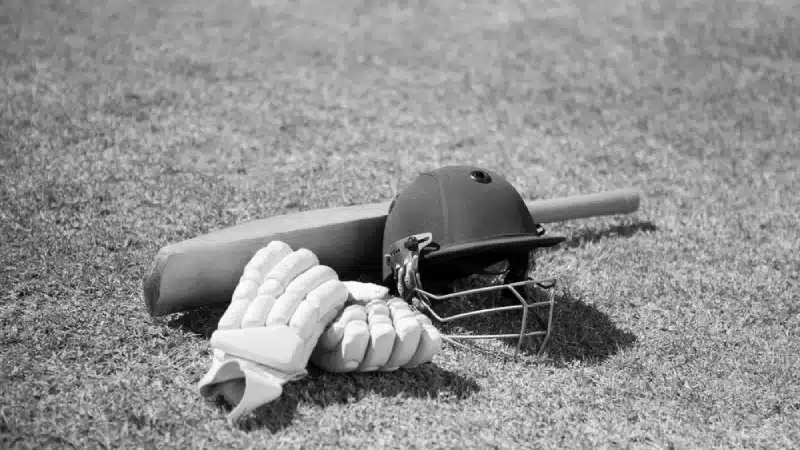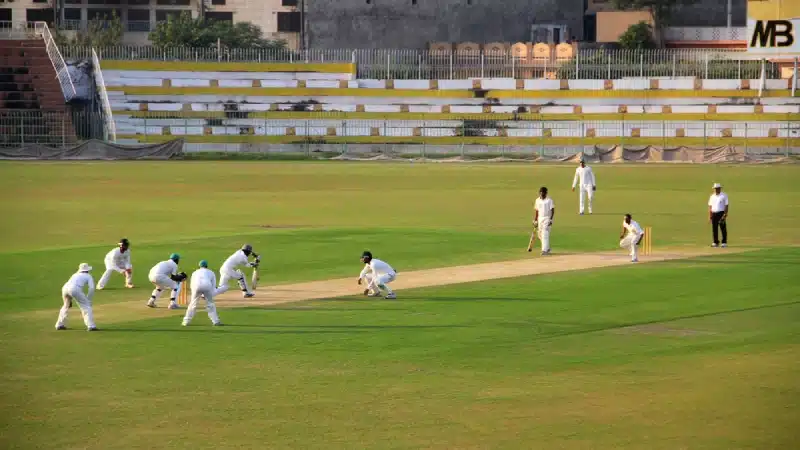
The Red and Yellow cards are regularly used by referees to penalise players but what is a White card in football? While the Red card means the team loses the player committing the foul for the entire game, the yellow card serves as an official warning for the former.
The Red and Yellow cards have been in use since the 1970 FIFA World Cup, which has helped to regulate illegal fouling by footballers.
The white card, a new entrant to the sport, made its debut in a Portuguese women’s cup match between Sporting Lisbon and Benfica. However, unlike the Red and Yellow cards, the White card has a positive implication on the team or player. Let us find out more about the meaning of White card in football.
What is White card in football?
The White card in football is shown to recognise and encourage fair play in matches. The card is catered to give players, coaches or members of the staff immediate recognition for a positive act during an ongoing football match.
A White card is a representative act of appreciation for a player rather than punishing players or the teams involved, which is the case for yellow and red cards.
Usage of the White card is part of Portugal's National Plan for Ethics in Sport (PNED) to improve the ethical value in the sport. The Portuguese Football Federation (FPF) has approved its implementation in all their domestic football tournaments, including the Liga Portugal.
However, it is still not in use in Spain, Germany or England as it is not yet a FIFA initiative. Football fans could see the use of the White card in the future in the Premier League, Bundesliga and La Liga.
What was the first instance of a White card shown in football?
The historic White card moment took place in a women’s Taca de Portugal cup match between Sporting Lisbon and Benfica on January 21, 2023.
In the dying moments of the first half, with Benfica leading 3-0, medical staff from both clubs rushed to the aid of a fan who fainted in the stands around the 44th-minute. After the incident, referee Catarina Campos brandished the White card as it made its maiden appearance in the sport.
The players looked confused at the colour of the card as it was different to the Red and Yellow cards regularly in use. In the process, Campos also became the first referee to award a card of any colour other than red or yellow in football.
The Estadio da Luz crowd gave a fabulous reception to the act, applauding the medics involved with a standing ovation.
Photo credits: Alamy




















